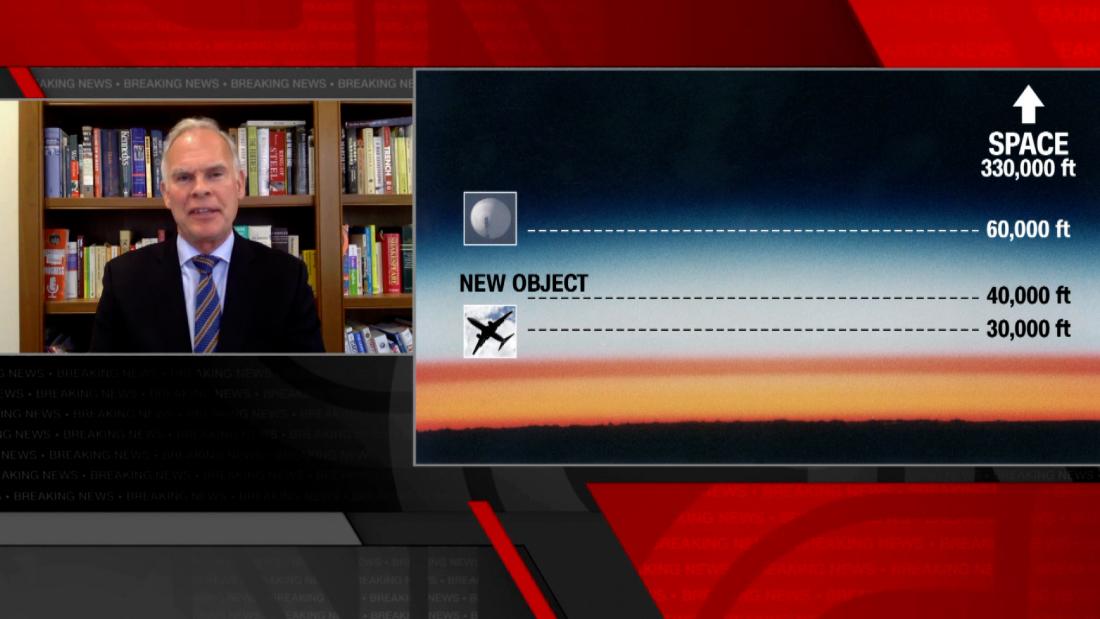Rare Middle Ground Reached in States on Gun Storage Laws
Nearly every related special interest group agrees on the need for gun owners to store their firearms securely when they are not in use. A handful of states, including Connecticut, Maine, Massachusetts, Texas, Virginia, Tennessee, and Washington, are now offering tax breaks to gun owners for safe storage purchases.

Nearly every related special interest group agrees on the need for gun owners to store their firearms securely when they are not in use. A handful of states, including Connecticut, Maine, Massachusetts, Texas, Virginia, Tennessee, and Washington, are now offering tax breaks to gun owners for safe storage purchases, reports Pew Stateline.
Federal law since 2005 has required licensed gun dealers to sell every handgun with a secure storage or safety device, but no federal law requires owners to use the devices. Bills in Congress would require safe gun storage if a minor could gain access.
State gun storage laws vary widely: some states make child access to firearms a crime only if the child causes serious injury or death with a gun, while a few have criminal penalties for owners who allow a child access even if the child doesn’t use the gun.
Owners who keep a gun in a locked container are usually exempt from criminal charges.
The U.S. Government Accountability Office’s “Personal Firearms” review of gun safety programs found free distribution of locks “influenced behavior to store firearms safely, but these results were largely based on self-reports.”
Twenty-nine states have taken a more punitive approach, enacting child access prevention laws that allow criminal charges to be brought against an adult who intentionally, recklessly or negligently allows children to have unsupervised access to firearms. Both the National Shooting Sports Foundation and the NRA oppose mandates, contending no “one size fits all” solution will work.

 Landwebs
Landwebs 



















